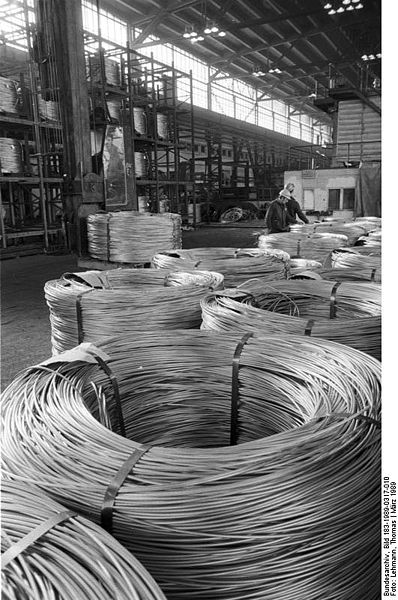As Craig Settles points out on a telling piece at Gigaom, today’s telecommunication companies are trying to use legislation to ensure their slow, outdated broadband networks are given preference over faster fiber networks. And that happens to the detriment of us all, especially to people living outside of cities. An excerpt:
“Around 1940, the railroads were in their heyday. They had made America great, railroads still basked in the glow of their role helping to conquer the West, they had nationwide infrastructure, ushered in innovations, and railroad barons carried clout in D.C. and beyond.
Post-World War II, airplanes were evolving into serious transportation vehicles that moved lots of people, mail and packages much faster than trains did. While railroads tried to make trains faster, more comfortable, etc., airlines made greater technological advances AND market advances. No matter what improvements railroads could make, those trains would never fly. Planes, however, got bigger, faster, and more popular.
Today’s telcos are the railroads. They’ve spent money to build infrastructure to a lot of places. But local governments, co-ops and nonprofits are building supersonic jetliners. Chattanooga, Tenn.; Santa Monica, Calif.; Wilson, N.C.; Lafayette, La. and dozens of cities and counties have fiber networks that kick telcos’ assets.
Copper wires might be ok, but they’ll never deliver a gig. That’s what cities and counties are delivering. Nor will the big corporations go to the places that need broadband the most. AT&T basically just told rural America ‘you’re on your own.’ Verizon FiOS? If you don’t have it by now, you probably aren’t getting it.
So incumbents have flocked to the last refuge of a corporate scoundrel, the legislatures where their money can buy what they can’t do easily in a truly competitive market – bills that kill municipal broadband. In Georgia, they have an anti-muni bill in the state senate (SB 313) that defines broadband as 200 kbps!”

